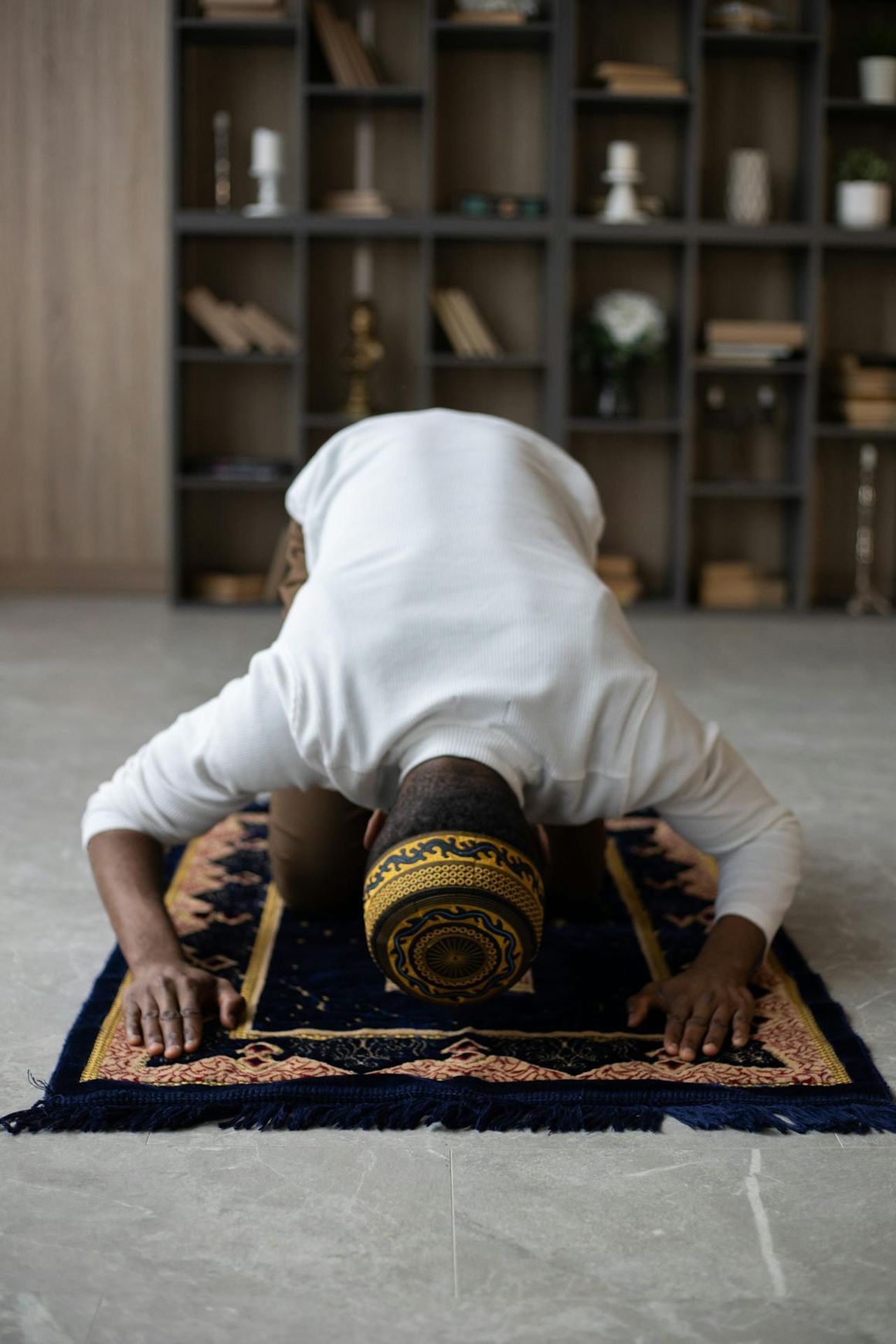In a world filled with stress, illness, and uncertainty, many of us seek solace and healing. As Muslims, we are blessed with a timeless guide that not only provides spiritual nourishment but also offers profound insights into physical and emotional well-being. The Quran, the ultimate source of wisdom, is not just a book of guidance but also a source of healing. Allah (SWT) says in the Quran:
And We send down of the Qur'an that which is healing and mercy for the believers, but it does not increase the wrongdoers except in loss.Quran 17:82
This verse reminds us that the Quran is a cure for both the body and the soul. Let’s explore some of the remedies and cures mentioned in the Quran that can help us navigate life’s challenges with faith and resilience.
1. Honey: A Natural Healer
One of the most well-known cures mentioned in the Quran is honey. Allah (SWT) says:
Then eat from all the fruits and follow the ways of your Lord laid down [for you]. There emerges from their bellies a drink, varying in colors, in which there is healing for people. Indeed in that is a sign for a people who give thought.Quran 16:69 (Surah the bee)
Honey is not just a sweet treat; it’s a powerful natural remedy. Modern science has confirmed its antibacterial, anti-inflammatory, and antioxidant properties. It can soothe sore throats, heal wounds, and boost immunity. But beyond its physical benefits, honey is a reminder of Allah’s infinite wisdom and the perfection of His creation. Every time we consume honey, we should reflect on the blessings of Allah and His ability to create healing in the simplest of things.
2. Black Seed: A Versatile Remedy
The Prophet Muhammad (peace be upon him) once said:
In the black seed, there is healing for every disease except death.Prophet Muhammad
While this hadith is not directly from the Quran, it aligns with the Quranic principle that Allah has created a cure for every illness. Black seed has been used for centuries in traditional medicine to treat ailments ranging from digestive issues to respiratory problems. Its mention in Islamic teachings highlights the importance of seeking natural remedies and trusting in Allah’s provision.
3. Water: The Source of Life
Water is mentioned numerous times in the Quran as a symbol of purity and life. Allah (SWT) says:
and made from water every living thingQuran 21:30
Water is essential for our survival, but it also holds spiritual significance. Wudu (ablution) before prayer cleanses not only our bodies but also our souls, preparing us to stand before Allah. Drinking water with gratitude and intention can also be a form of healing. Staying hydrated is a simple yet powerful way to maintain physical health, and it reminds us of Allah’s mercy in providing us with this basic necessity.
4. Olive Oil: A Nourishing Remedy
The Quran mentions olive oil as a source of nourishment. Allah says:
And [We brought forth] a tree issuing from Mount Sinai which produces oil and food for those who eat.Quran 23:20
Olive oil has numerous health benefits due to its high content of healthy fats, antioxidants, and anti-inflammatory compounds. It can be used in cooking or applied topically as a moisturizer.
5. Ruqyah: Spiritual Healing Through Quranic Verses
The Quran itself is a source of spiritual healing. Ruqyah, the practice of reciting specific Quranic verses to seek protection and cure, is a powerful tool for combating physical and emotional ailments. Verses such as Ayat al-Kursi (2:255), Surah Al-Falaq (113), and Surah An-Nas (114) are often recited for protection and healing.
The Prophet Muhammad (peace be upon him) would recite these verses and blow over his body before sleeping. This practice not only protects us from harm but also strengthens our connection with Allah. Ruqyah reminds us that true healing comes from turning to Allah and relying on His words.
6. Patience and Prayer: The Ultimate Cure
While physical remedies are important, the Quran also emphasizes the healing power of patience and prayer. Allah (SWT) says:
O you who have believed, seek help through patience and prayer. Indeed, Allah is with the patient.Quran 2:153
In times of illness or hardship, turning to Allah in prayer and practicing patience can bring immense comfort and strength. The Quran teaches us that trials are a test from Allah, and through them, we can grow closer to Him. By combining patience with prayer, we unlock a spiritual cure that transcends physical limitations.
7. Gratitude: A Healing Attitude
Gratitude is a recurring theme in the Quran. Allah (SWT) promises:
If you are grateful, I will surely increase you [in favor];Quran 14:7
Gratitude shifts our focus from what we lack to the countless blessings we have. This shift in mindset can have a profound impact on our mental and emotional well-being. When we acknowledge Allah’s blessings, we invite more barakah (blessings) into our lives and find peace in His divine plan.
The Quran is a treasure trove of guidance, offering remedies for both the body and the soul. Whether it’s through natural cures like honey and black seed, spiritual practices like Ruqyah, or the healing power of patience and gratitude, the Quran provides us with the tools we need to navigate life’s challenges.
As Muslims, it’s important to remember that while we seek physical cures, ultimate healing comes from Allah. We should always combine our efforts with faith, trusting in His wisdom and timing. Let us turn to the Quran not only in times of difficulty but as a daily source of strength, healing, and guidance.
May Allah grant us all shifa (healing) and make the Quran a source of light and mercy in our lives. Ameen.
What are your favorite Quranic remedies or practices that bring you comfort and healing? Share your thoughts in the comments below!


